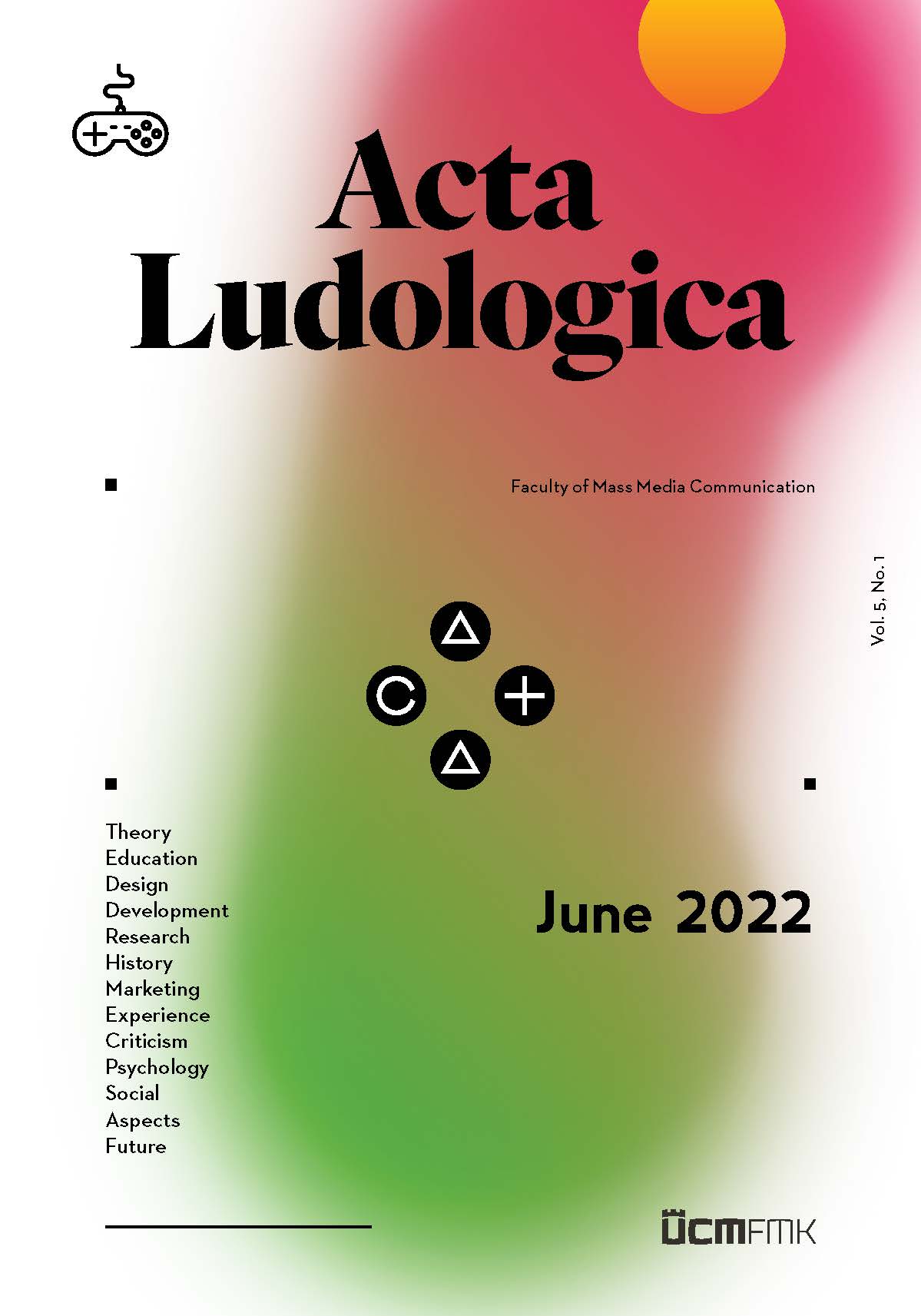The Narrative Effects and Value of Memory Discrepancies in Digital Games
The Narrative Effects and Value of Memory Discrepancies in Digital Games
Author(s): Nele Van de Mosselaer, Stefano CaselliSubject(s): Media studies, Communication studies, Sociology, Theory of Communication, ICT Information and Communications Technologies
Published by: Univerzita sv. Cyrila a Metoda v Trnave, Fakulta masmediálnej komunikácie
Keywords: avatar; dramatic irony; fiction; imagination; memory; narration; paradox of suspense; virtual subject;
Summary/Abstract: This paper discusses the aesthetic relevance of divergences between player and avatar memories in the context of digital gameplay. Drawing from a Waltonian framework and the notion of the virtual subject, we discern three kinds of memory that are involved in digital gameplay: the avatar’s represented memory, the player’s actual memory, and the memory about the gameworld the player pretends to have when taking on the avatar’s position within the gameworld. Many gameplay situations cause these different kinds of memories to diverge and misalign with one another. When players die and must repeat parts of games, for example, they have memories about the gameworld that are rooted in their previous playthrough, but to which their avatar cannot or should not have access. Several game scholars have noted how such divergences cause narrative conflicts, create inconsistencies within the fictional world, or can even have detrimental effects on players’ enjoyment of the game. In this paper, however, we draw from gameplay examples to show how the unique structure of memory in play can also engender unique and valuable narrative experiences. Indeed, we argue that discrepancies between player and avatar memory can be, and often are, used in games as unique narrative devices to create suspense, surprise, or other aesthetically relevant effects.
Journal: Acta Ludologica
- Issue Year: 5/2022
- Issue No: 1
- Page Range: 24-41
- Page Count: 18
- Language: English

